Murari’s Anargharaghavam – A Critique
₹405.00
| Author | Dr. Manashi Sharma |
| Publisher | Vidyanidhi Prakashan, Delhi |
| Language | English |
| Edition | 2011 |
| ISBN | 978-9380651293 |
| Pages | 224 |
| Cover | Hard Cover |
| Size | 14 x 2 x 22 (l x w x h) |
| Weight | |
| Item Code | VN0017 |
| Other | Dispatched in 1-3 days |
10 in stock (can be backordered)
CompareDescription
Murari’s Anargharaghavam – A Critique As indicated by its very name namely the book contains a critical study of Murari’s play Anargharaghavam which is an adaption of the five Kandas of Rāmāyaṇa except the first and last ones. The book has five chapters wherein, study of the contents of the drama is made in different perspectives as well as in comparative lines. Thus, an attempt is made to assess it in view of prerequisites of Sanskrit Dramaturgy and analyze Treatment of Rasa, Metre, Alamkara, Kavyaguṇa, Kavyadosa, linguistic peculiarities etc. in the drama. Murari’s knowledge in Indian Philosophy, Smrtis, Sanskrit grammar revealed in the drama has also been explored.
I had the privilege of studying the classics of celebrated Sanskrit dramatists like Kalidasa, Bhaṭṭanārāyaṇa and Visakhadatta during the days of my graduate and post graduate studies. Since then, there developed in me a keen interest for studying Sanskrit dramatic literature more seriously and intensively and it was for this reason that I came up to take up this special study in respect of Anargharaghavam of Murari, which is based on the great epic Rāmāyaṇa. There can be no denying the fact that that Anargharaghavam as a drama is neither very popular nor considered to be of high order. However, Murari’s singularity in respect of literary technique, language and style, his erudition reflected in this piece of composition deserves special study. Moreover, the well-known epic story which has been dramatized by Murari demands examination in various aspects.
In this book, divided into five chapters, study of the contents of the drama is made in different perspectives as well as in critical and comparative line. In the first chapter, a general introduction on Sanskrit dramatic literature followed by discussion on the position of Anargharaghavam in dramatic literature, its author and probable date of composition is given. An analytical study is made on the source of the plot as well as extent of deviation made by Murari from the original. Influence of his predecessor, particularly of Bhavabhati is observed in this solitary dramatic composition of Murari.

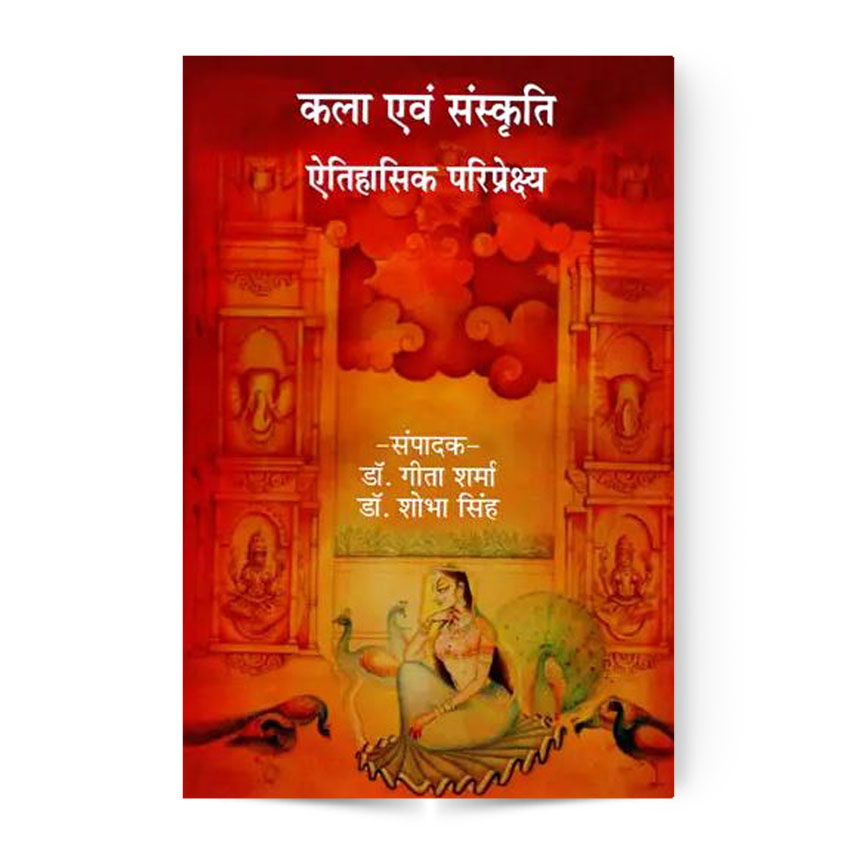
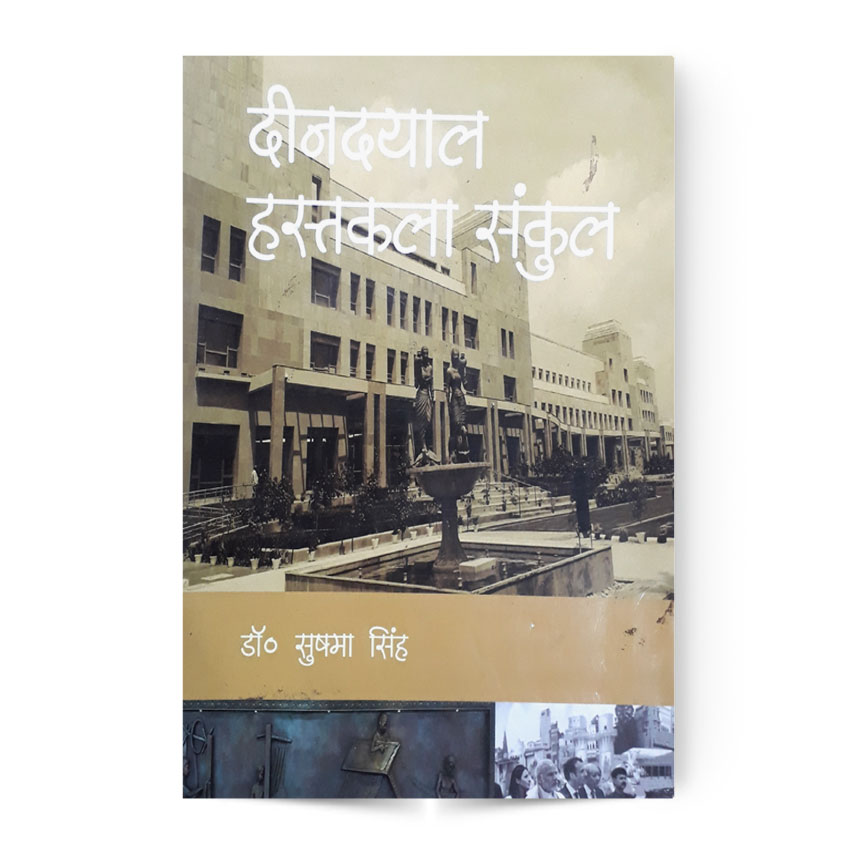
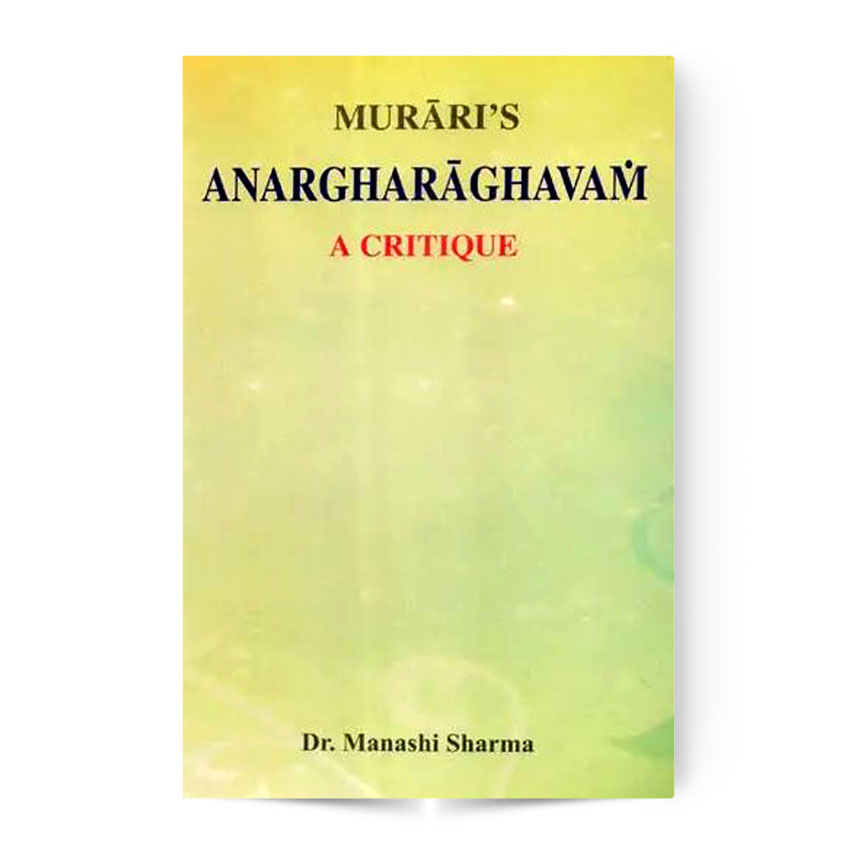
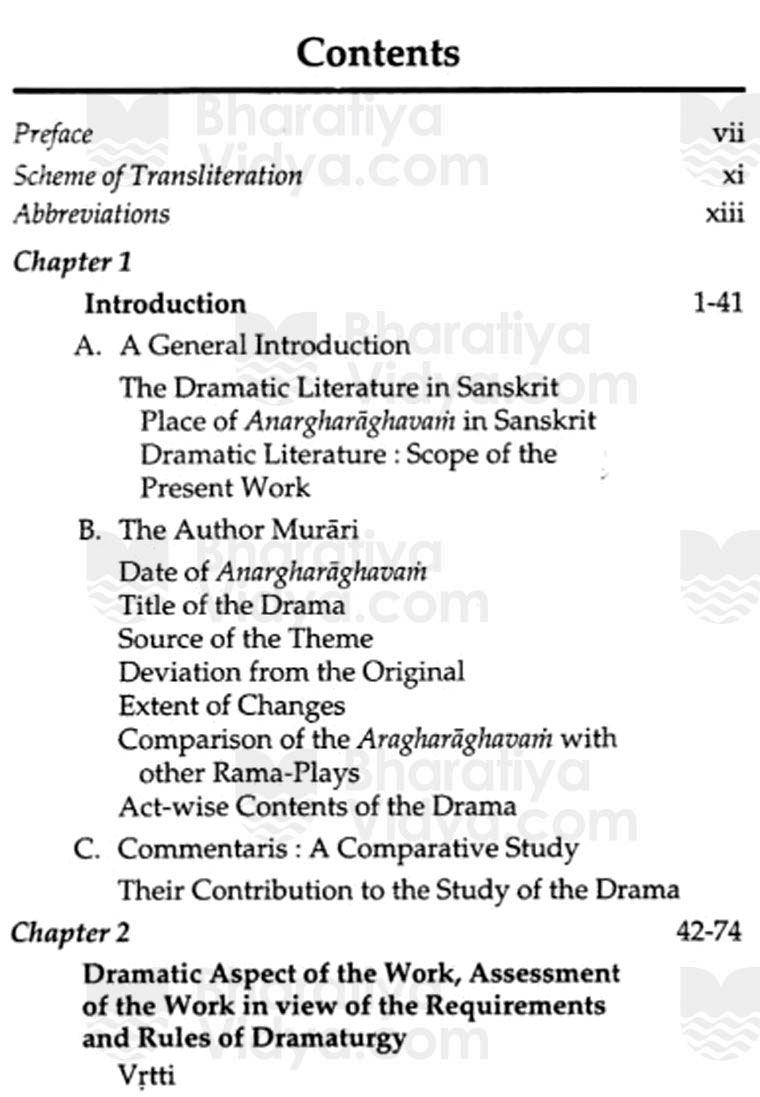
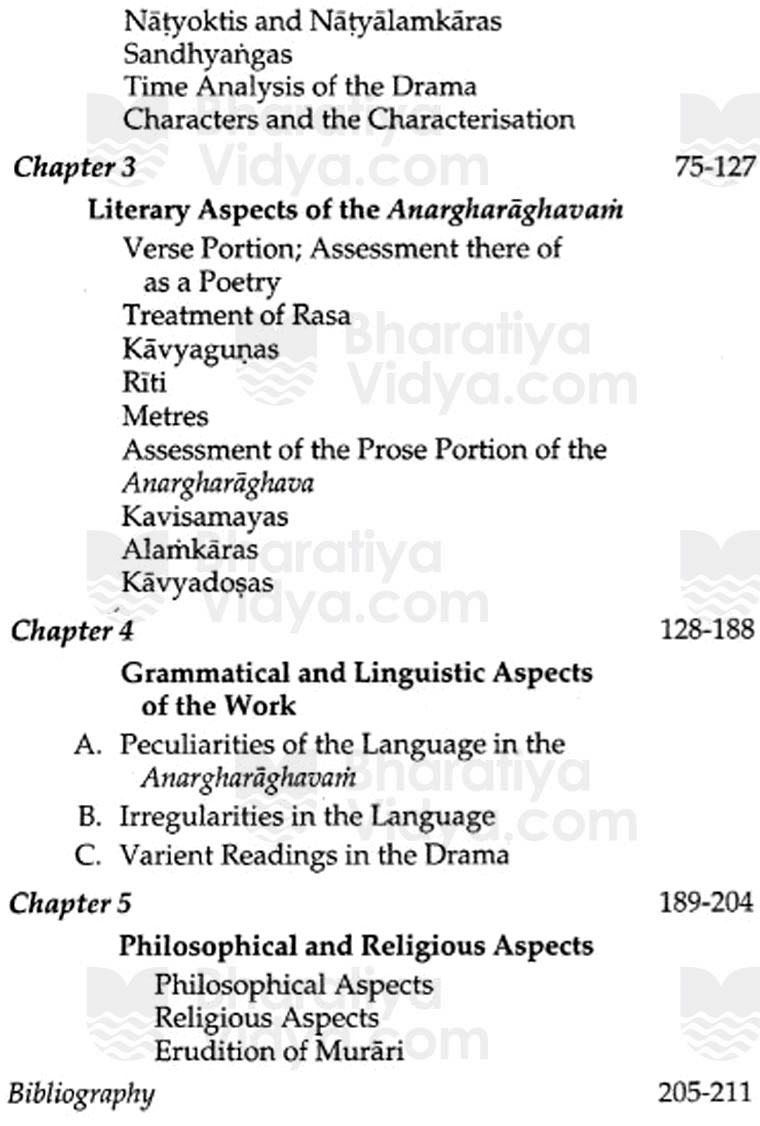
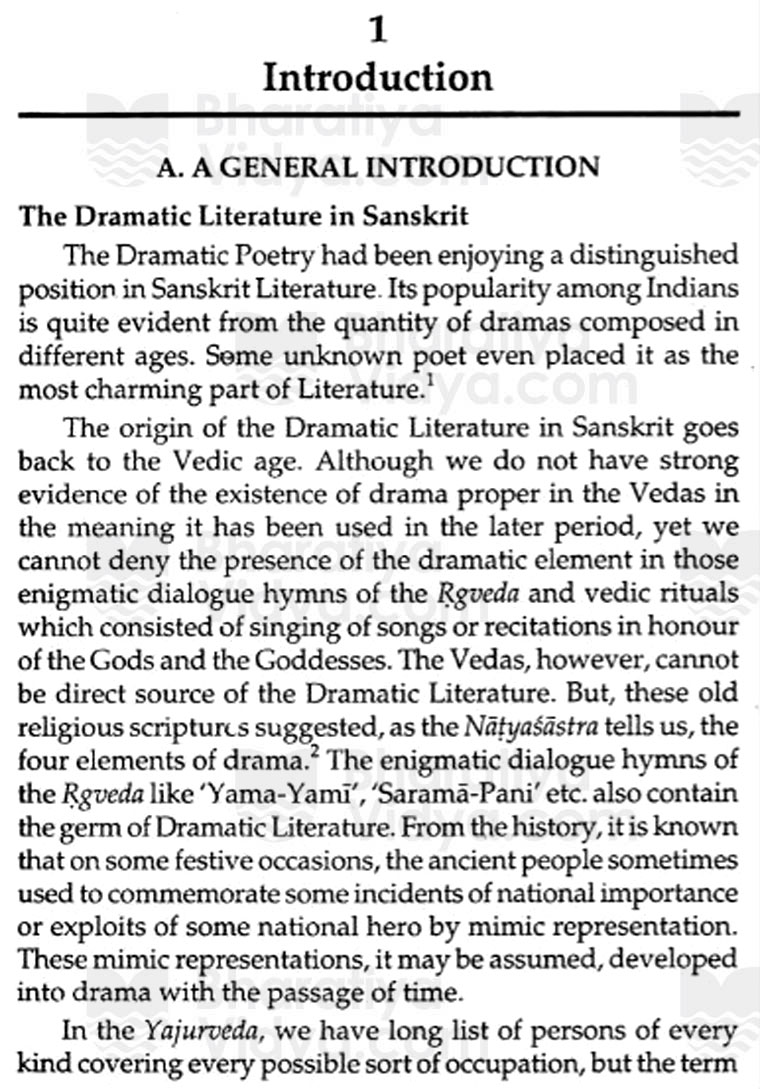
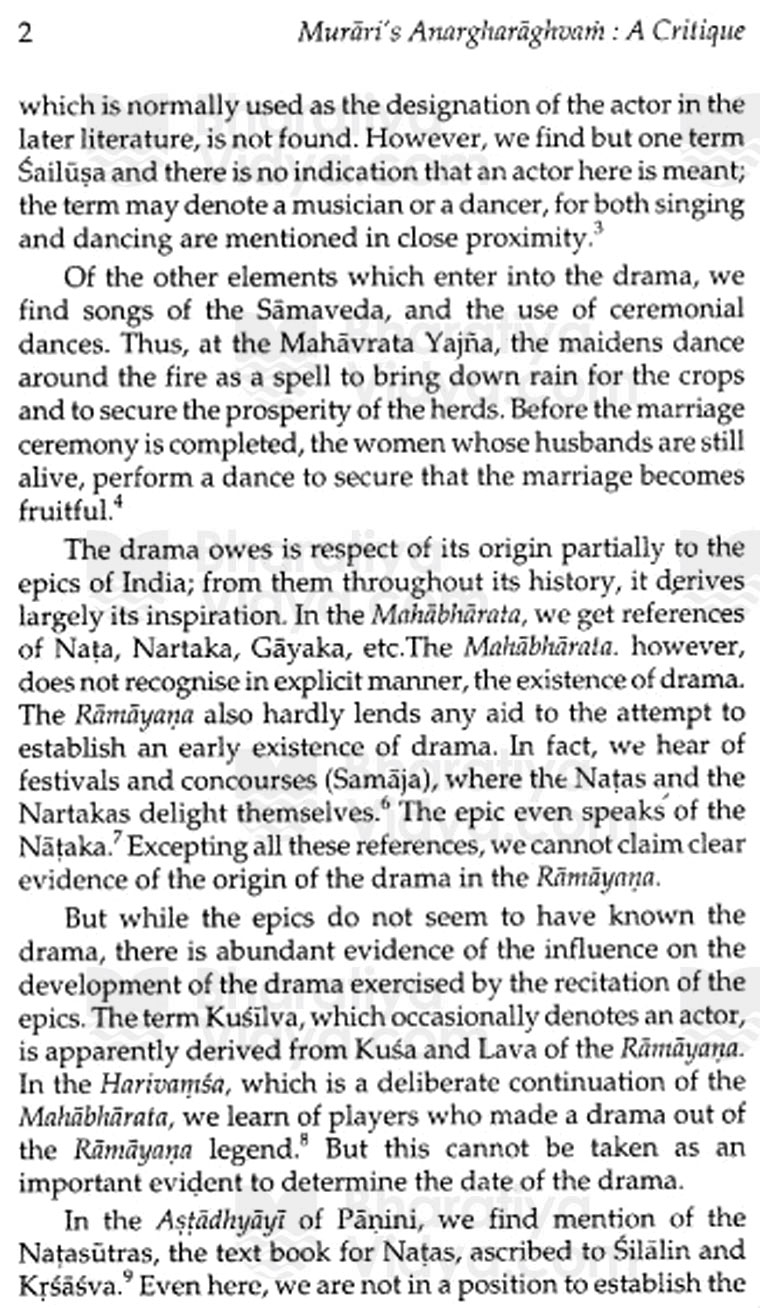
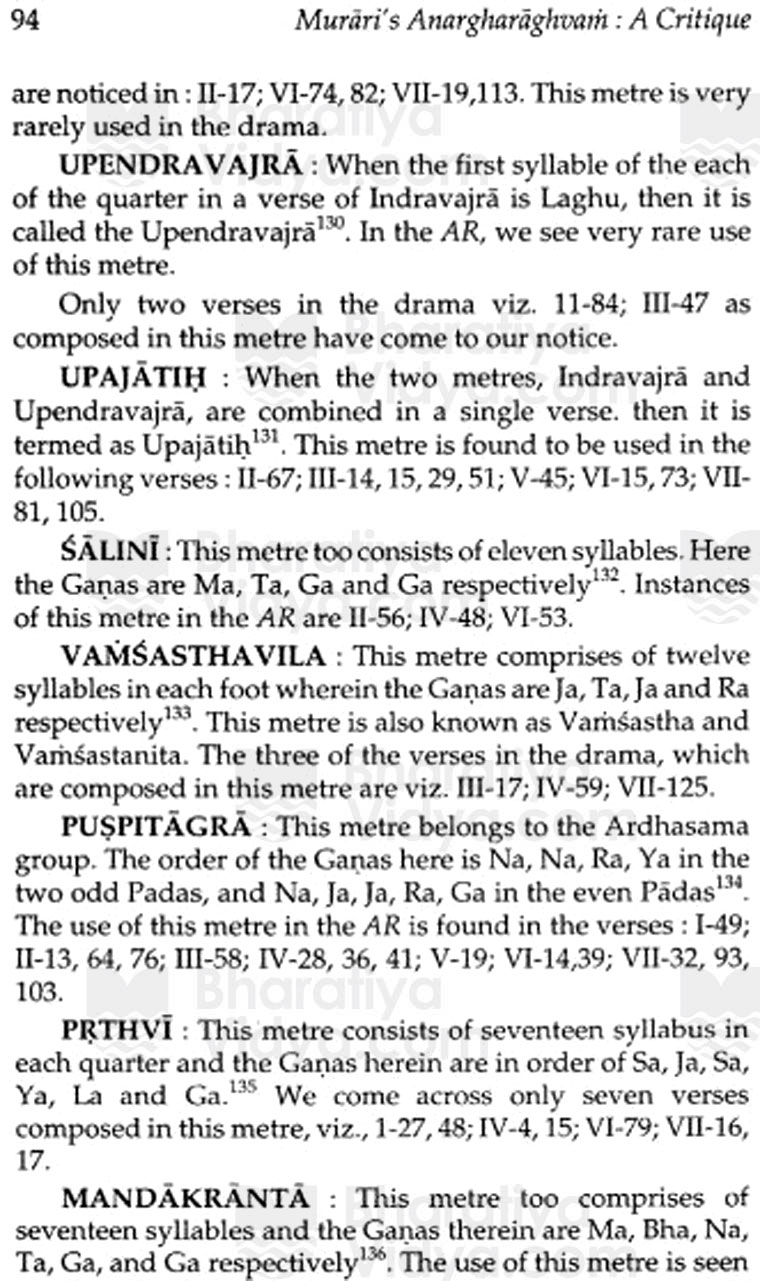
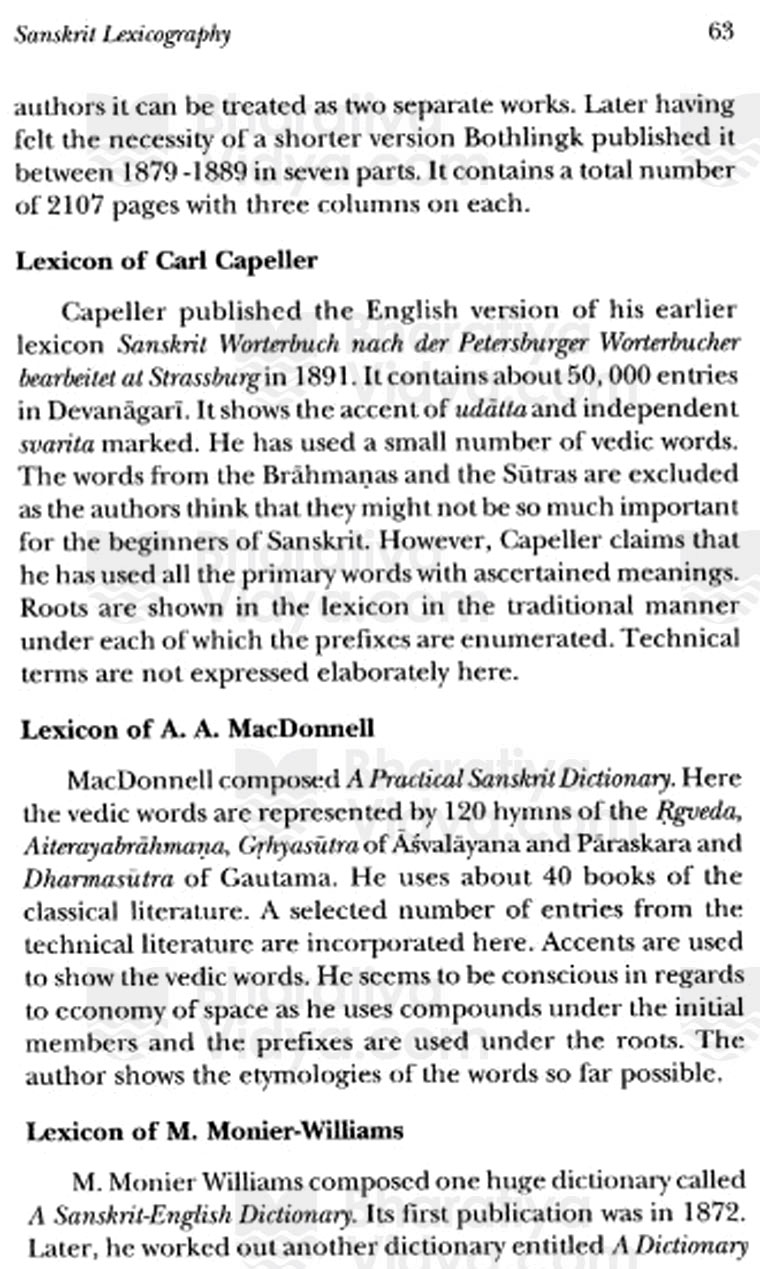
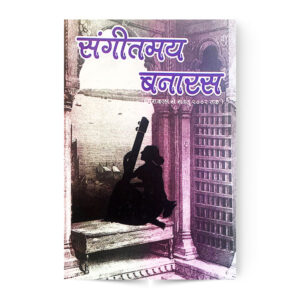
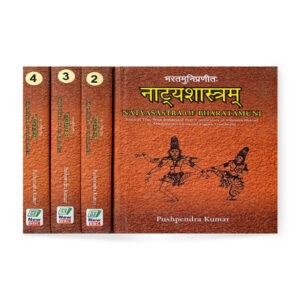
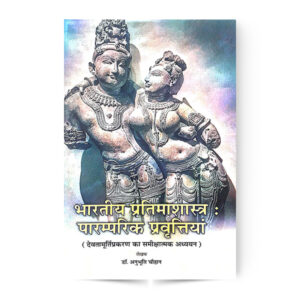
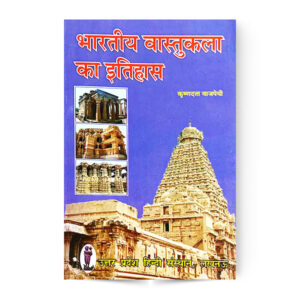
Reviews
There are no reviews yet.